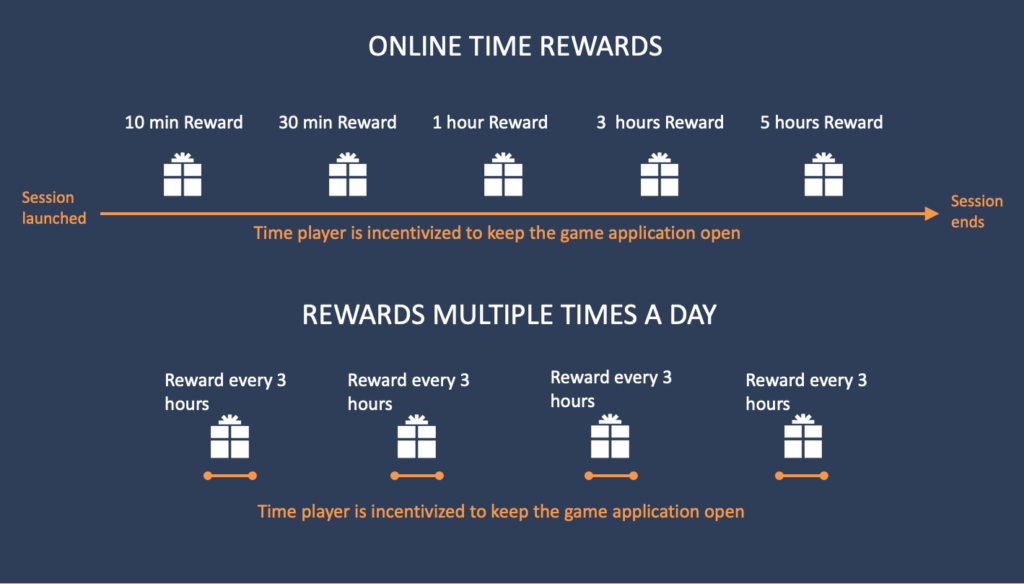Game reward systems are an integral part of modern video games, offering players incentives and motivation to continue playing. These systems have become increasingly sophisticated over the years, with game developers carefully designing rewards that enhance the overall gaming experience. In this article, we will explore the different types of game reward systems, their benefits, and the factors to consider when designing them.
What are Game Reward Systems?
Game reward systems are mechanisms within a game that provide players with rewards or incentives for achieving specific objectives or milestones. These rewards can take various forms, such as virtual currency, items, experience points, or even special abilities. The purpose of these systems is to engage players, encourage them to invest more time and effort into the game, and ultimately enhance their overall enjoyment.
Types of Game Reward Systems
There are several types of game reward systems that game developers can implement to motivate and engage players. Some common types include:
Hey! This content may interest you Can I participate if I only play on consoles or need a PC
Can I participate if I only play on consoles or need a PC- Experience Points (XP) System: This system rewards players with experience points for completing tasks or challenges. As players accumulate more experience points, they can level up, unlocking new abilities, items, or areas within the game.
- Achievements and Trophies: Achievements and trophies are virtual awards that players earn for reaching specific milestones or accomplishing difficult tasks. These rewards provide a sense of accomplishment and can be showcased to other players.
- Virtual Currency: Virtual currency systems allow players to earn or purchase in-game currency, which can be used to buy items, upgrades, or cosmetic enhancements. This system provides players with a sense of progression and customization.
- Leaderboards and Rankings: Leaderboards and rankings display the top-performing players or teams in the game. This system encourages competition and fosters a sense of community within the gaming community.
Benefits of Game Reward Systems
Implementing game reward systems can have several benefits for both game developers and players. Some of the key benefits include:
- Increased Player Engagement: Game reward systems incentivize players to continue playing the game, leading to increased engagement and longer play sessions.
- Sense of Progression: By offering rewards for completing tasks or reaching milestones, game reward systems provide players with a sense of progression and achievement.
- Motivation: Rewards act as powerful motivators, encouraging players to overcome challenges and invest more time and effort into the game.
- Enhanced Retention: Game reward systems can help retain players by providing continuous incentives to keep playing and exploring the game world.
Factors to Consider when Designing Game Reward Systems
When designing game reward systems, several factors should be taken into consideration to ensure their effectiveness and balance. These factors include:
- Relevance: Rewards should be relevant to the gameplay and provide tangible benefits to the player.
- Balance: Rewards should be balanced to avoid exploitation or unfair advantages. The difficulty of achieving the reward should be proportional to its value.
- Choice: Offering players a choice of rewards can enhance their sense of agency and personalization.
- Feedback: Providing clear and immediate feedback on the progress towards a reward can increase motivation and engagement.
Conclusion
Game reward systems play a crucial role in enhancing player engagement, motivation, and overall enjoyment of video games. By carefully designing and implementing these systems, game developers can create immersive and rewarding gaming experiences that keep players coming back for more. Understanding the different types of game reward systems and considering key factors during their design process can greatly contribute to their effectiveness and success.
Hey! This content may interest you What games are compatible with gamer monetization
What games are compatible with gamer monetizationFrequent Questions
1. How do Game Reward Systems impact player engagement?
Game reward systems incentivize players to continue playing, leading to increased engagement and longer play sessions. By offering rewards for completing tasks or reaching milestones, these systems provide players with a sense of progression and achievement, further enhancing their engagement.
2. What are some common examples of Game Reward Systems?
Some common examples of game reward systems include experience points (XP) systems, achievements and trophies, virtual currency systems, and leaderboards and rankings.
Hey! This content may interest you How can I stand out from other gamers to attract sponsors?
How can I stand out from other gamers to attract sponsors?3. How can Game Reward Systems be balanced to avoid exploitation?
Game reward systems should be balanced by ensuring that the difficulty of achieving a reward is proportional to its value. This helps avoid exploitation or unfair advantages. Additionally, regular monitoring and adjustment of the system can help maintain balance.
4. Are there any ethical concerns surrounding Game Reward Systems?
Yes, there can be ethical concerns surrounding game reward systems, particularly when they involve real money transactions or encourage addictive behavior. It is important for game developers to consider the potential impact on players and ensure that the systems are designed responsibly and ethically.
